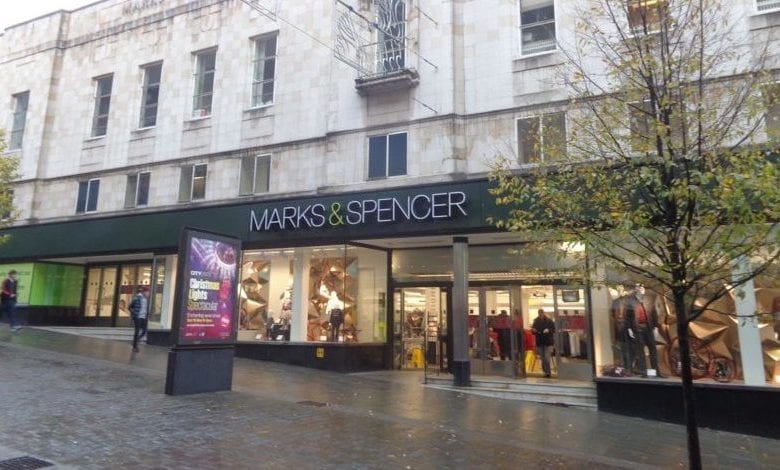Who would have thought skinny jeans could be anyone’s undoing?

It’s not often that the business pages give you a good belly laugh. But today we have the spectacle of Marks & Spencer blaming its poor Christmas trading results partly on an oversupply of skinny jeans for men.
Apparently customer surveys revealed that the high street bellwether’s ranges were “too old” the previous year, and M&S bosses were determined to avoid that label again in Christmas 2019.
But it would seem they went too far the other way, especially since the nation’s gentlemen were about to embark on the season of gastronomic excess – nobody wants a teenage-boy-size waistband constraining the intake of myriad cheeses after a sumptuous Christmas dinner.
The firm admits that it “got the balance wrong” in terms of the volume of slim-fit trousers it put out on rails, as men turned away from the anatomically-challenging designs.
To be fair, M&S did not fare too badly in its result in my view, given the continuing carnage on the high street.
In the UK, its food business was up 1.4% like for like, and while clothing and home did drop by 1.7%, it must be remembered that the competition from online challengers intensifies all the time, both as online retail becomes more advanced and newer entrants into the market via the online route enjoy a business model that eschews the hassle and expense of running A1 retail units.
The John Lewis bonus tradition may be at breaking point
For decades now the John Lewis Partnership, which includes Waitrose supermarkets, has doled out an annual bonus to all its staff. The ‘Partnership’ part of its name means just that: employees are in fact legal partners of the business and as such they are each due a small cut of the profits, such as they are.
But this Christmas has disappointed John Lewis bosses and the firm said: “The Partnership Board will meet in February to decide whether it is prudent to pay a Partnership Bonus. The decision will be influenced by our level of profitability, planned investment and maintaining the strength of our balance sheet.”
It is yet another sign of the times: the great icons of British retail have had a rough couple of years and in all but a handful of examples, online competition, business rates, minimum wage increases, falling footfall and the cost of digital transformation have taken their collective toll.
In light of all this, the Bank of England’s comments may well be welcome
The outgoing governor of the BoE, Mark Carney, today announced that he is considering cutting interest rates from their current 0.75% to 0% to provide some stimulus in what he apparently thinks could be quite a tough year.
He was speaking at an ‘inflation targeting conference’ (whatever that means), in London, and he said there is no certainty that growth will pick up in 2020 even though the political situation has cooled down.
He said: “This rebound is not, of course, assured. The economy has been sluggish, slack has been growing, and inflation is below target. Much hinges on the speed with which domestic confidence returns. As is entirely appropriate, there is a debate at the MPC over the relative merits of near term stimulus to reinforce the expected recovery in UK growth and inflation.”
His replacement, Andrew Bailey, takes over on 16 March this year, but is unlikely to rip up the rulebook. Not least because interest rates have been at historic lows for the best part of a decade, and there is little room to move when you’re already near the baseline.
Perhaps another round of quantitative easing could be back on the cards.















